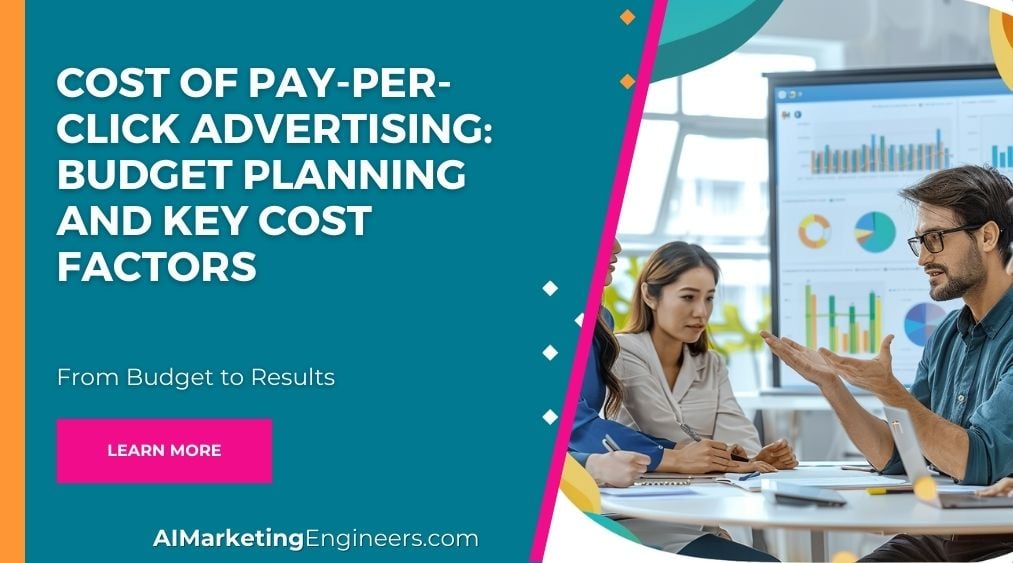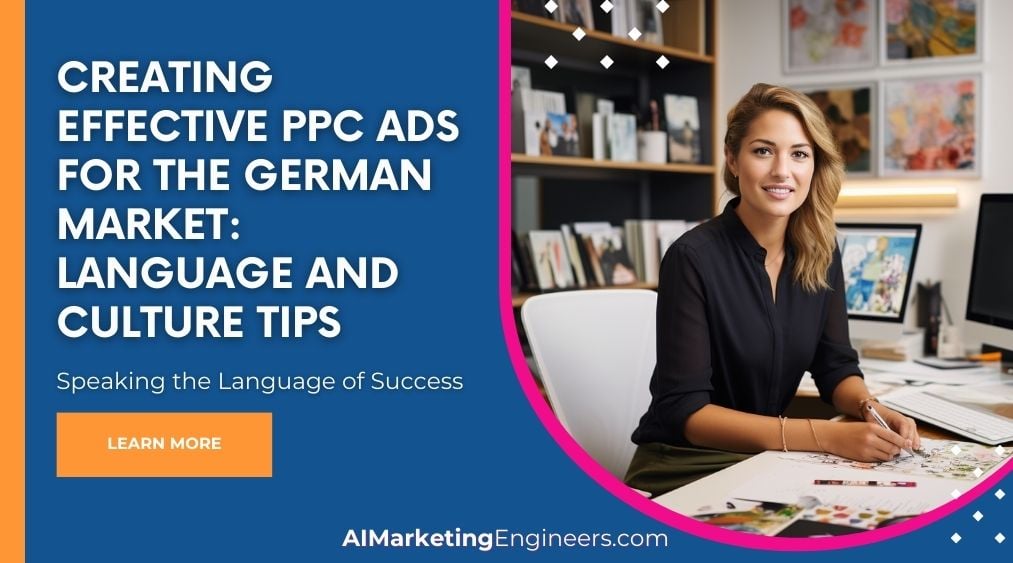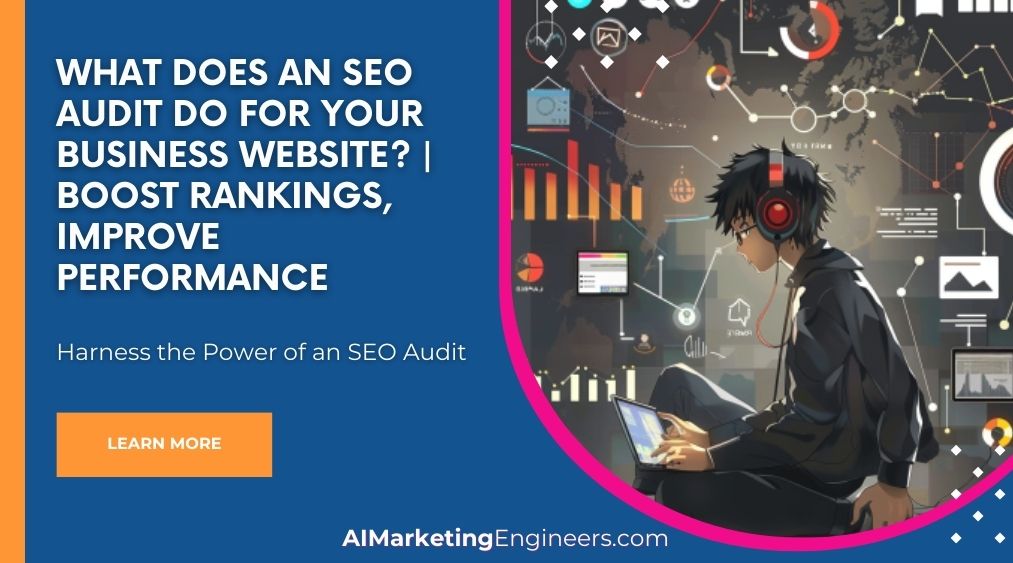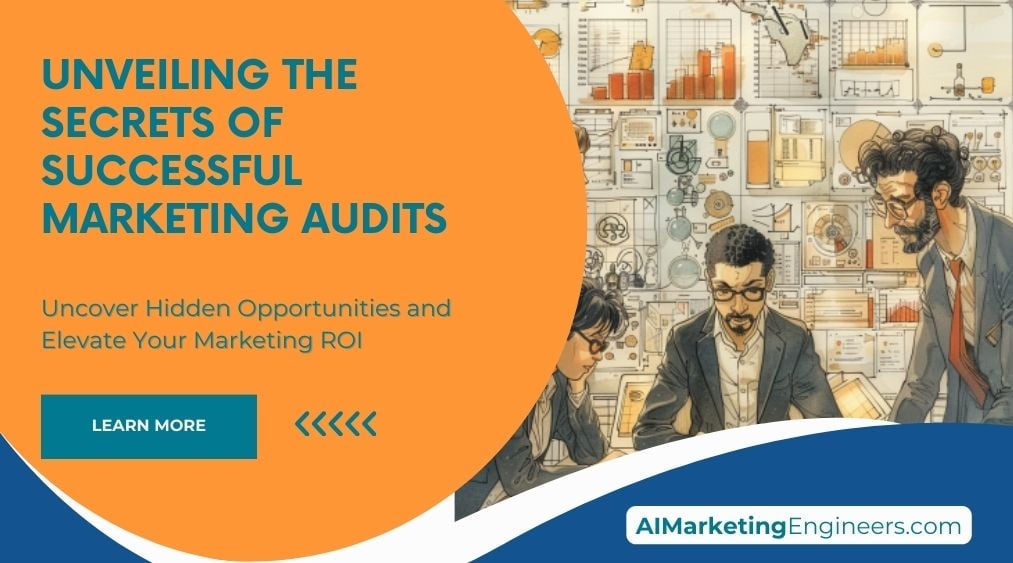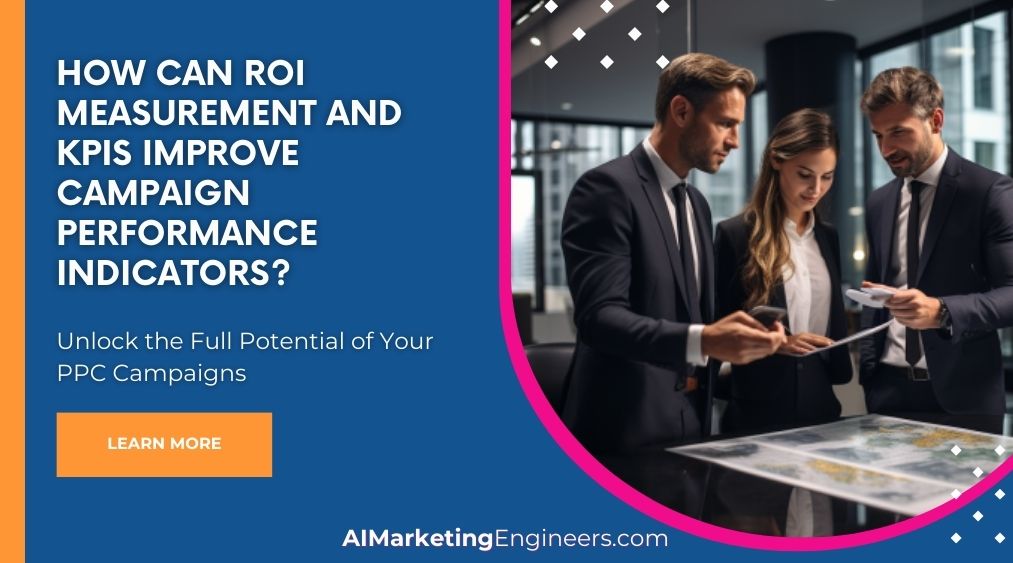Key Takeaways
✅ Cost Per Click (CPC) and budget calculation can make or break your advertising strategy. Know that CPC can sky-rocket with demand for hot keywords, impacting your overall spend. Here's a formula for you: Budget = (Sales Goal / Conversion Rate) * (1 – Profit Margin) * CPC. Suppose you aim for $10,000 in sales with a 5% conversion rate, 25% profit margin, and your CPC averages $2. The math says you'll need a $3,333 budget. Plan wisely!
✅ When you're juggling numbers for your PPC budget, keep in mind the main influencers: CPC, conversion rate, profit margin, and sales targets. Imagine a plate-spinner at the circus – that's you adjusting for perfect balance to avoid a crash. Understanding these factors is your safety net, ensuring you invest your dollars sensibly and effectively.
✅ Finally, mapping out your PPC budget isn't just about sticking to last year's numbers. Weigh your options with prior-year spend, percentage of sales, or objective- and task-based strategies. It might sound like preparing for a Mars landing, but by forecasting and tactically adjusting your budget, you're setting up for a smooth ride and optimal campaign performance.
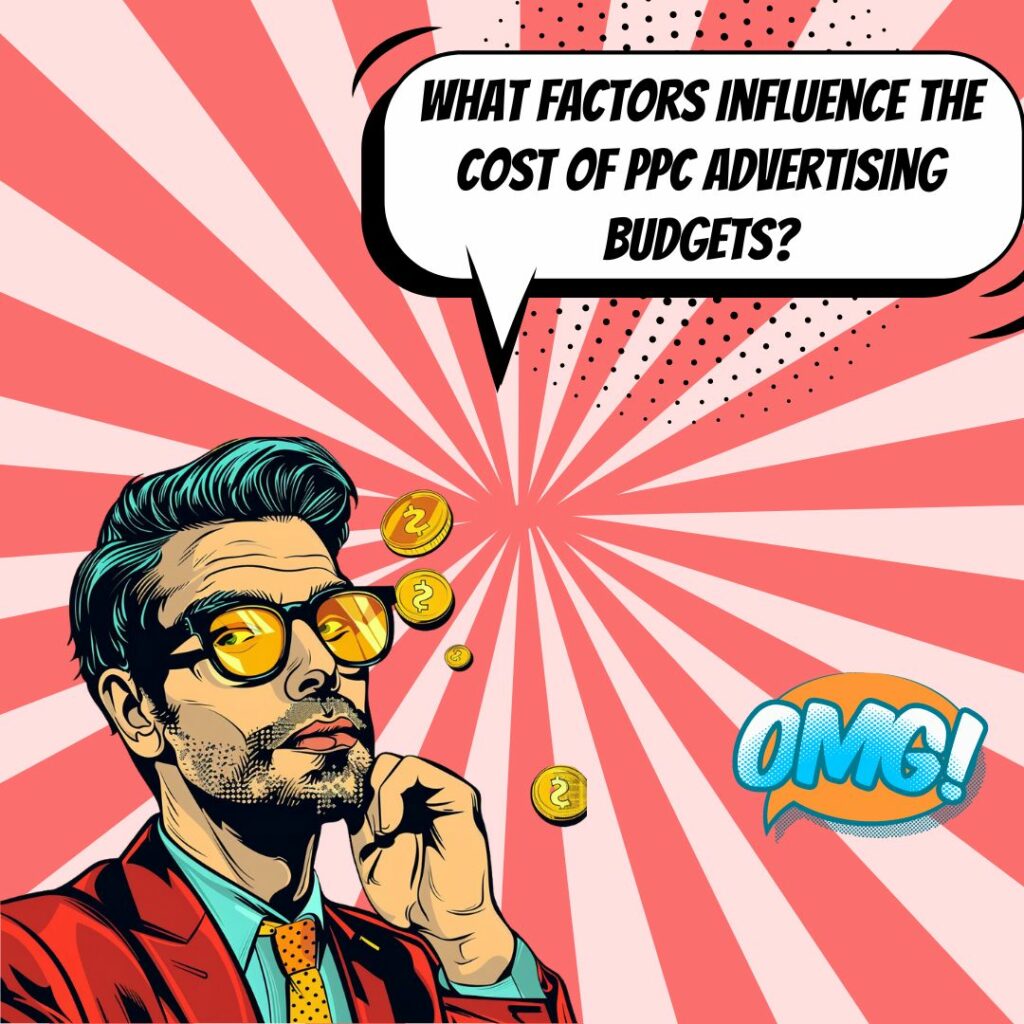
Introduction
Ever felt like you're throwing money into a well, hoping for a splash? Pay-per-click advertising doesn't have to be a guessing game. Are you aware of how much to earmark for those elusive clicks that lead to sales? It's a digital marketplace out there, and mastering the costs of pay-per-click advertising is your playbook for success.
Are you baffled by budget planning and cost factors? You're not alone. How you play the PPC game can mean the difference between a thriving business and a stagnant pool of missed opportunities. This article cuts through the fog with data-driven insights and sharp strategies tailored to boost your return on investment (ROI).
Get ready. We're about to equip you with all you need to turn your ad spend into a relentless profit-generating machine. Stay tuned as we dive deep into revolutionary insights and practical tips that are more than just theory—they're your ticket to the big leagues of digital advertising.
Top Statistics
| Statistic | Insight |
|---|---|
| Average CPC - Google Ads (Search): $0.67 | This price point is quite affordable for many businesses, making Google Search a highly competitive platform for visibility. |
| Highest Industry CPC - Consumer Services: $6.0 (Google Ads Search) | This figure emphasizes the cost-intensive nature of attracting consumers in this niche, necessitating a well-thought-out budget. |
| Agency-managed campaigns: 12% of monthly ad spend (minimum $1,800) | Understanding agency fees helps marketers gauge the additional costs for professional campaign management. |
| Global PPC Spending in 2024: Expected to reach $190.5 billion | This projection underscores the ever-growing investment in PPC, reflecting its enduring value in digital marketing strategies. |
| Average Conversion Rate on Google Ads: 3.5% | A marker of effectiveness, the conversion rate helps businesses assess the potential return on investment from their PPC efforts. |
What is Pay-Per-Click Advertising?
Pay-per-click (PPC) advertising is a model where businesses pay a fee each time their ad is clicked. It's an effective way to drive traffic to your website, generate leads, and boost sales. Understanding how PPC works is crucial for maximizing your ad spend. Keywords play a vital role in this model, influencing the cost per click (CPC). Advertisers bid on keywords relevant to their target audience, making it a competitive arena.
Cost Per Click (CPC) Explained
The cost per click (CPC) isn't just a random figure; it's determined by several factors. The competitiveness of your selected keywords can significantly impact the CPC. High-demand keywords can drive up the costs, much like prime real estate. CPC also varies by industry, geographic location, and ad quality. Businesses must strategically choose keywords to balance cost and effectiveness.
Conversion Rates and Their Importance
Conversion rates indicate the percentage of clicks that result in a desired action, like a purchase. High conversion rates mean your ads are effective and resonate with your audience. If your conversion rates are low, it may be time to refine your ads and targeting strategies. Improving conversion rates can lower your overall cost per acquisition (CPA). Tracking and optimizing these rates is essential for a successful PPC campaign.
Budget Planning for PPC Campaigns
Setting a budget for PPC campaigns is akin to planning a detailed road trip. You need to outline your goals, estimate costs, and plan your route carefully. Factors like your target return on ad spend (ROAS) and customer lifetime value (CLV) should guide your budget decisions. Allocating funds wisely ensures that you get the most out of your PPC efforts. It's essential to continually monitor and adjust your budget based on campaign performance.
Professional PPC Services
Many businesses opt for professional PPC services to manage their campaigns effectively. These services vary in cost and scope, offering different levels of support and expertise. Basic plans might cover essential tasks for a lower monthly fee, while comprehensive plans offer more extensive services. Professional management can help optimize ad performance and achieve better results. Choosing the right service depends on your budget and campaign needs.
Maximizing Your PPC Investment
To maximize your PPC investment, it's crucial to understand the nuances of the platform and the competitive landscape. Regularly analyzing your campaign performance and making data-driven adjustments is key. Focus on high-performing keywords and continuously improve ad quality and relevance. Keep an eye on your budget and adjust bids as necessary to maintain profitability. With careful planning and execution, PPC can be a powerful tool for achieving your marketing goals.
AI Marketing Engineers Recommendation
Recommendation 1: Establish a Realistic In-House Budget Cap Before Bidding: Before diving into the deep end of Pay-Per-Click Advertising, figure out what you can afford to spend. Industry data shows the average small and medium-sized business spends between $9,000 and $10,000 on PPC per month. But what's right for them may not be right for you. Start by calculating your Customer Lifetime Value (CLV) and work backward to determine a sensible Cost Per Acquisition (CPA). Ideally, your CPA will always be lower than your CLV. This grounds your budget in real financial stakes and potential return on investment (ROI), preventing overspending and guiding your bids strategically.
Recommendation 2: Leverage Seasonal Trends and Consumer Behavior Insights: Tapping into the current trends can be a game-changer. Research indicates that CPC (Cost-Per-Click) rates can fluctuate by up to 50% during peak seasonality. Use tools like Google Trends to understand when your target audience is most active and adjust your PPC bids accordingly. For instance, retail businesses often see a surge in Q4 due to holiday shopping. Anticipate these shifts and allocate a larger chunk of your budget during high-traffic periods. This strategic timing ensures you're visible when it counts the most, optimizing your spend for maximum impact.
Recommendation 3: Optimize Landing Pages to Improve Quality Score and Reduce CPC: Google's Quality Score can be your best friend or your worst nightmare. This score influences your ad rank and the cost you pay per click. By focusing on creating relevant, high-quality landing pages, you can improve your Quality Score and effectively lower your PPC costs. Tools such as Unbounce or Leadpages allow you to design landing pages that are highly relevant to your ad copy and targeted keywords. Coupled with A/B testing, these platforms can help you create a user experience that converts, thereby increasing your campaign's effectiveness while keeping costs in check. High-converting landing pages mean you can get more bang for your buck in the PPC arena.
Relevant Links
- Conquer the PPC Arena with Advanced AI
- Charm and Convert: Boosting PPC Campaigns in India's Colorful Markets
- Navigating PPC in China: The Big Data Way
- Understanding Consumer Behavior: Analytics Unveiled for China's Digital Space
- Performance Metrics for PPC in China: Key to Campaign Success
Conclusion
Understanding the ins and outs of Pay-Per-Click Advertising is crucial for any business looking to make a digital impact. It's not only about how much you spend, but how smartly you invest each dollar. When considering the Cost Factors of PPC, know that they are as diverse as the businesses using them. From the everyday click on a search result to the strategic bid on high-competition keywords, the puzzle of digital marketing expenses requires a meticulous approach.
Crafting your budget requires a blend of art and science, as it must align both with your company's financial reality and the unpredictable nature of consumer behavior. Have you contemplated the true influence of a high Conversion Rate or the subtle power of Ad Quality and Relevance on your budget? It's more profound than you might think.
A foolproof formula to calculate your PPC budget is essential yet be ready to adapt. How will macroeconomic conditions change your approach? Are you testing new ways to increase efficiency and measuring them using ROAS? And when it comes to professional services, can you find the sweet spot between the Lite and Pro Plan that matches your business's scale and ambition?
With each dollar you spend, are you inching closer to your sales goal or merely contributing to the digital void? The truth is, PPC advertising is not a static game. Your agility in managing budgets, experimenting with channels, and optimizing campaigns will define your success. So, as you step back into the bustling world of clicks and conversions, ask yourself: Is my business ready to not just spend, but invest in PPC? Let the answer guide your next digital move.
FAQs
Question 1: What is PPC advertising?
Answer: Think of PPC advertising as a spotlight you pay for to shine on your stuff online. Each time someone's curious enough to click on your ad, you pay a small fee.
Question 2: How does PPC pricing work?
Answer: Setting up PPC is a bit like an auction. You tell the platform the most you want to spend for a click, but you might end being charged less, depending on your competitors and how cool your ad is.
Question 3: What's the average price tag for PPC advertising?
Answer: It can cost you anywhere from 11 cents to a buck, give or take, based on how many eyeballs see your ad or how many folks click on it.
Question 4: How do I figure out my PPC budget?
Answer: Crunch some numbers – consider your sales targets, how well your ads turn clicks into customers, what you earn on sales, and what each click costs.
Question 5: What factors tweak my PPC budget?
Answer: Think about the price per click, how often folks buy after clicking, your earnings, where your ad sits, and always have a little extra for testing and fine-tuning.
Question 6: How can I be smart with my PPC money?
Answer: Know your audience, see what the market's doing, and play to each platform's strengths. And don't forget to save some cash to try out new things.
Question 7: What are the kinds of PPC campaigns I can run?
Answer: You've got basic ones for just getting started, moderate for when you're feeling a bit more confident, and aggressive for when you want to hit the gas.
Question 8: How can I make my PPC campaigns better?
Answer: Keep testing different versions of your ads, tweak how much you bid on keywords, and adjust your strategy based on what brings in the dough.
Question 9: Why should I think about hiring a PPC agency?
Answer: A PPC agency is like having a GPS for your campaigns. They can help you navigate to better ad spots and spend your money more wisely.
Question 10: How do I avoid blowing my budget on PPC?
Answer: Set a daily spending limit, choose which campaigns to prioritize, and keep a close eye on your ad performance.
Academic References
- Hal Varian (2009). Online Ad Auctions. American Economic Review, 99(2), 430-434. Varian discusses the economic principles underlying the Google Ad Auctions system, with a focus on cost-per-click (CPC) pricing mechanisms and their implications for advertisers. This paper provides foundational insights that are essential for understanding how click costs are determined.
- Jansen, B. J., & Mullen, T. (2008). Sponsored search: An overview of the concept, history, and technology. International Journal of Electronic Business, 6(2), 114-131. This paper offers a comprehensive review of pay-per-click (PPC) advertising, detailing the factors that influence PPC pricing and strategies for managing ad campaigns to achieve cost-effective results.
- Zhao, X., Fan, J., Yan, J., & Weigend, A. S. (2010). An empirical study of the effects of keyword related factors on click through and conversion rates. ICIS 2010 Proceedings. Here, Zhao et al. analyze keyword variables that affect click-through rates (CTR) and conversion rates in PPC advertising. The findings help advertisers understand average costs and the importance of keyword selection in campaign management.
- Stewart, D. W., & Pavlou, P. A. (2002). From consumer response to active consumer: Measuring the effectiveness of interactive media. Journal of the Academy of Marketing Science, 30(4), 376-396. Stewart and Pavlou offer a methodology for measuring advertising effectiveness in interactive mediums, which has implications for PPC ad spend optimization and budget allocation.
